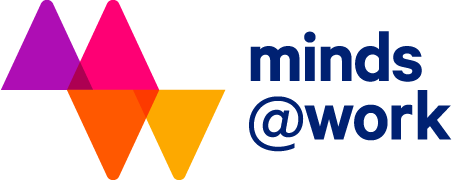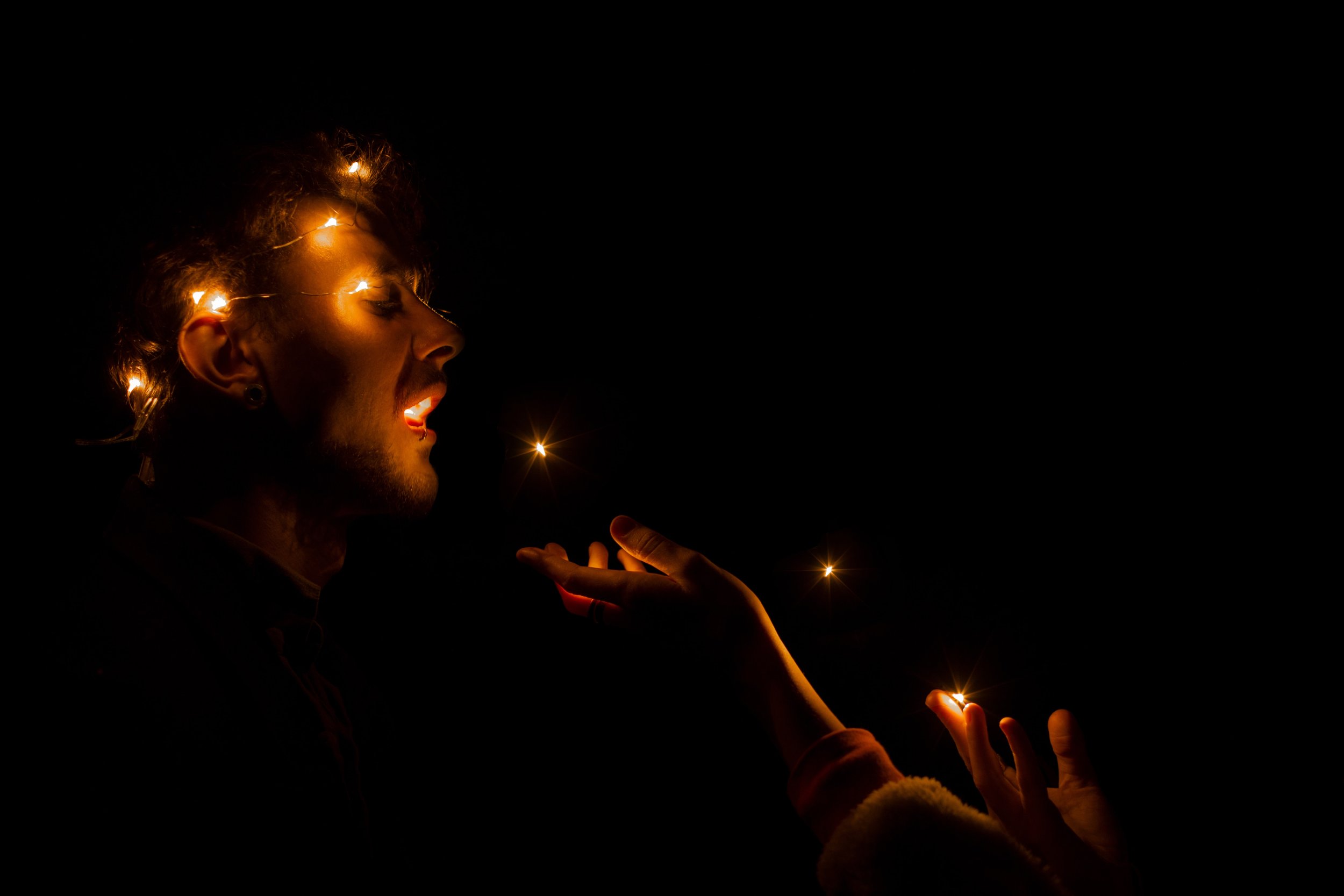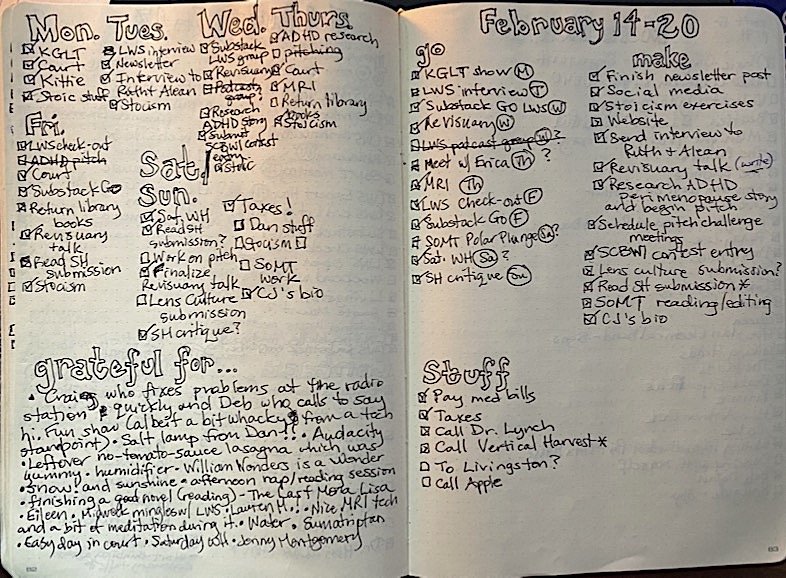Seeing ADHD as a gift to help you understand the best way to manage your day
Getting diagnosed with ADHD in her 50s helped journalist Jodi Hausen better understand her struggles with time and project management - and illuminated her struggles with work. She tells us her story in her own words…
A diagnosis shone light on focus issues
Every boss I’ve ever had has criticised my time-management skills (or lack thereof). But I never understood why.
I got work done, I was on time (most days) and I was, I thought, extremely organised. I couldn’t figure out what they saw that I didn’t. One manager even sent me to a time-management workshop presented by a company who sold personal planners. But I had a Sierra Club weekly planner with beautiful photos to gaze at each week. Mind you, this was still in the Analogue Age before so-called smart phones or the internet (and yes, that makes me old-ish).
I knew I was different but I couldn’t fathom what it was. I felt it deeply, never feeling comfortable in my body, like a missing puzzle piece separated from its mates. I went through several bouts of depression and often felt anxious (though I didn’t identify that tingly feeling in my face or the headaches as anxiety).
My self-confidence was mostly non-existent.
As such, when speaking, I often claused myself to death. That is to say, I’d start a conversation sure the person I was addressing would dismiss my ideas or feelings or thoughts. So, I’d couch my comments within multiple clauses. It went something like this: “I know you’ve heard me talk about this before and I’m sorry to bring it up again, but I really need to know what you think of this idea … yadda, yadda, yadda …” I remember watching the recipient gesture — head nodding, one hand in a forward-moving orbit before them — get to the point, they’d be saying. And of course, this just distracted me and because I’d apologised with so many unnecessary words, I’d forget exactly what my point was.
Well into my fifth decade on this earth, a diagnosis of attention deficit hyperactivity disorder completely changed my life. You might say it was an epiphany.
How a diagnosis shone light on work styles
After my diagnosis, I started observing myself and learning about ADHD.
I hesitate to call ADHD a deficiency, it is merely a difference. Those of us with it don’t necessarily have a deficit. In fact, when our brains are engaged, we enter what’s known as hyperfocus — it’s my superpower but it can also be a curse.
An engaged ADHD brain can also lose track of time - making one notoriously late for appointments. I’ve developed tools to address this and other issues that come up. A color-coded Google calendar sends me notifications before meetings and a bullet journal keeps track of my projects, weekly and daily intentions, ideas and book, movie or podcast suggestions — all in one place so I’m not losing them on tiny scraps of paper that fall behind my desk never to be seen again until I’ve taken to attacking the dust mites there.
Jodi finds it useful to bullet journal to plan her week - this is a page from her own diary
By the time I was diagnosed, I had transitioned into journalism after trying several other careers and avocations. Cycling from multiple part-time or temporary jobs to unemployment and depression, I’d somehow managed, but I found daily reporting to be the perfect mix of variety to feed my insatiably curious brain and occasional mundane tasks to give my overstimulated brain a break.
Getting to know and work with the neurodivergent brain
By the way, did you know that neurodivergent brains tend to be (overly) full of creative ideas? It’s a blessing and a curse. But the upside is editors never need worry about an ADHD reporter not having something in the pipeline. And deadlines are one of an ADHD brain’s best tools.
Also, no day was ever the same except for one thing — the coworkers and managers with whom I struggled to connect. This was true before journalism as well. Many people don’t understand ADHD and that was certainly true of my managers over the years. But I can’t really blame them as I, myself, didn’t either. I mean, I didn’t even know I had it!
In hindsight, I realise that had I known about my neurodivergent brain when I was working in a newsroom, I would have asked for accommodation — the most important being a quiet, calm space to conduct my phone interviews and write my articles. I’ve only recently come to realise that, like many with ADHD, I have audio processing challenges, meaning that I hear perfectly well, but it takes my brain a few seconds or so longer than neurotypical people to comprehend oral language or to even understand it at all. Any background noise beyond calm instrumental music in a room further challenges me — especially over the phone. So, being surrounded by a rowdy bunch of journalists all talking on their phones or to each other or pounding on their computer keys was a less-than-ideal working environment for someone like me.
But of course, I didn’t know. And now I do.
As a freelancer now, I have complete control of my work environment. It’s not perfect, but it works. It’s quiet, comfortable and there’s no one else there to distract me. I join my amazing colleagues at the London Writers’ Salon for Writers Hour - daily online writing sessions - which helps to keep me accountable and, truth be told, having set times during the day like this has helped me create a writing habit that I was never able to create on my own. My therapist says it’s the best thing that’s happened for me since she’s known me (and that’s over a decade).
Now that I work mostly from home, I’ve learned that conducting interviews over Zoom is more conducive to my comprehension than phone calls. When attending online meetings, I’ll also turn on closed captioning and am not afraid to request it when it isn’t readily available.
One last thing; there are many great resources for neurodivergents, but with a multitude of tips and expert articles, I’ve found ADDitude magazine to be incredibly useful.
Too many people greet the news they have ADHD with horror or sadness. I’m here to tell you, it can actually be a gift.
Focus on neurodiversity
🎯
Focus on neurodiversity 🎯
Jodi Hausen is a freelance journalist and photographer whose late-in-life diagnosis of attention deficit hyperactivity disorder prompted her to focus her work on disability issues. An innate curiosity (prompted by an untreated ADDled brain) has seen her working in diverse fields including costumer for Stars on Ice, wilderness first aid instructor, Macy’s Thanksgiving Day Parade float-builder and volunteering in disability recreation, search and rescue and ski patrol. She’s also a giddy recipe tester, enthusiastic free-heeled downhill skier, avid knitter and rabid cat cuddler. She lives in Bozeman, Montana, where she fiddles with several book projects, articles and her newsletter More Than Normal: Breaking Down Barriers of Disability. Her website is jodihausen.com.
Main image by Artem Kniaz on Unsplash


